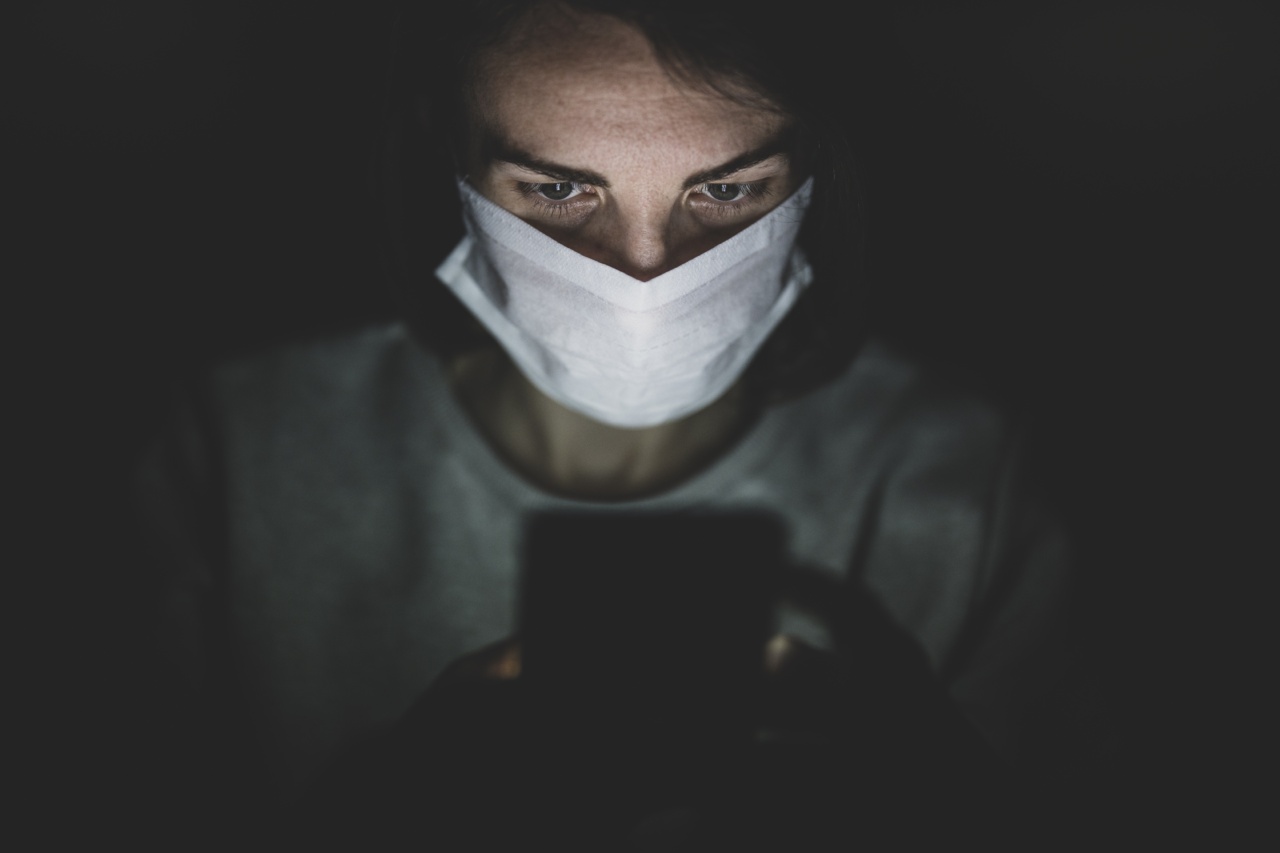Genital anxiety is a common issue that affects both men and women. It is the feeling of discomfort or fear regarding the genital area.
This anxiety can be caused by a variety of factors, including medical conditions, social stigmas, personal insecurities, and trauma. Understanding the causes and symptoms of genital anxiety is essential to addressing the issue and finding solutions.
Causes of Genital Anxiety
There are several causes of genital anxiety, including:.
1. Medical Conditions:
Medical conditions that affect the genital area can cause genital anxiety. For example, sexually transmitted infections, urinary tract infections, and genital warts can cause discomfort and anxiety.
These conditions can also affect a person’s sexual confidence and self-image.
2. Social Stigmas:
Social stigmas surrounding sex and the genital area can cause genital anxiety. Society often portrays genitals as dirty or shameful, which can lead to feelings of embarrassment and anxiety.
This stigma can also lead to a lack of education about sex and sexual health, which can contribute to anxiety and insecurity.
3. Personal Insecurities:
Personal insecurities related to body image and sexual performance can lead to genital anxiety. The media often portrays idealized images of the human body, which can lead to insecurity and anxiety about one’s appearance.
Moreover, sexual performance anxiety can also affect one’s confidence and lead to genital anxiety.
4. Trauma:
Trauma related to sexual abuse or assault can cause genital anxiety. Traumatic experiences can affect one’s relationship with their body, causing discomfort and anxiety.
Symptoms of Genital Anxiety
The symptoms of genital anxiety can vary from person to person. Some common symptoms include:.
1. Avoidance:
Avoiding sexual activity or physical intimacy due to anxiety or discomfort about the genital area.
2. Obsessive Thoughts:
Obsessive thoughts about the genital area, such as worrying about size, shape, or function.
3. Physical Symptoms:
Physical symptoms, such as tension or pain in the pelvic area, can also occur due to genital anxiety.
4. Emotional Symptoms:
Emotional symptoms, such as shame, embarrassment, or low self-esteem, can also accompany genital anxiety.
Treatment for Genital Anxiety
Treatment for genital anxiety depends on the underlying cause. For example, medical treatment may be needed for conditions such as sexually transmitted infections or urinary tract infections.
However, for anxiety related to personal insecurities or trauma, psychological treatment may be required.
Cognitive-behavioral therapy (CBT) can be effective in treating genital anxiety. CBT helps individuals change their patterns of negative thinking and behavior.
This therapy can help patients learn coping mechanisms and strategies to manage anxiety related to the genital area.
Conclusion
Genital anxiety is a common issue that affects many people. Understanding the causes and symptoms of genital anxiety is essential in finding solutions.
Treatment options such as medical treatment and psychological therapy can be effective in managing genital anxiety. Facing genital anxiety and seeking help can lead to increased confidence and a better quality of life.































